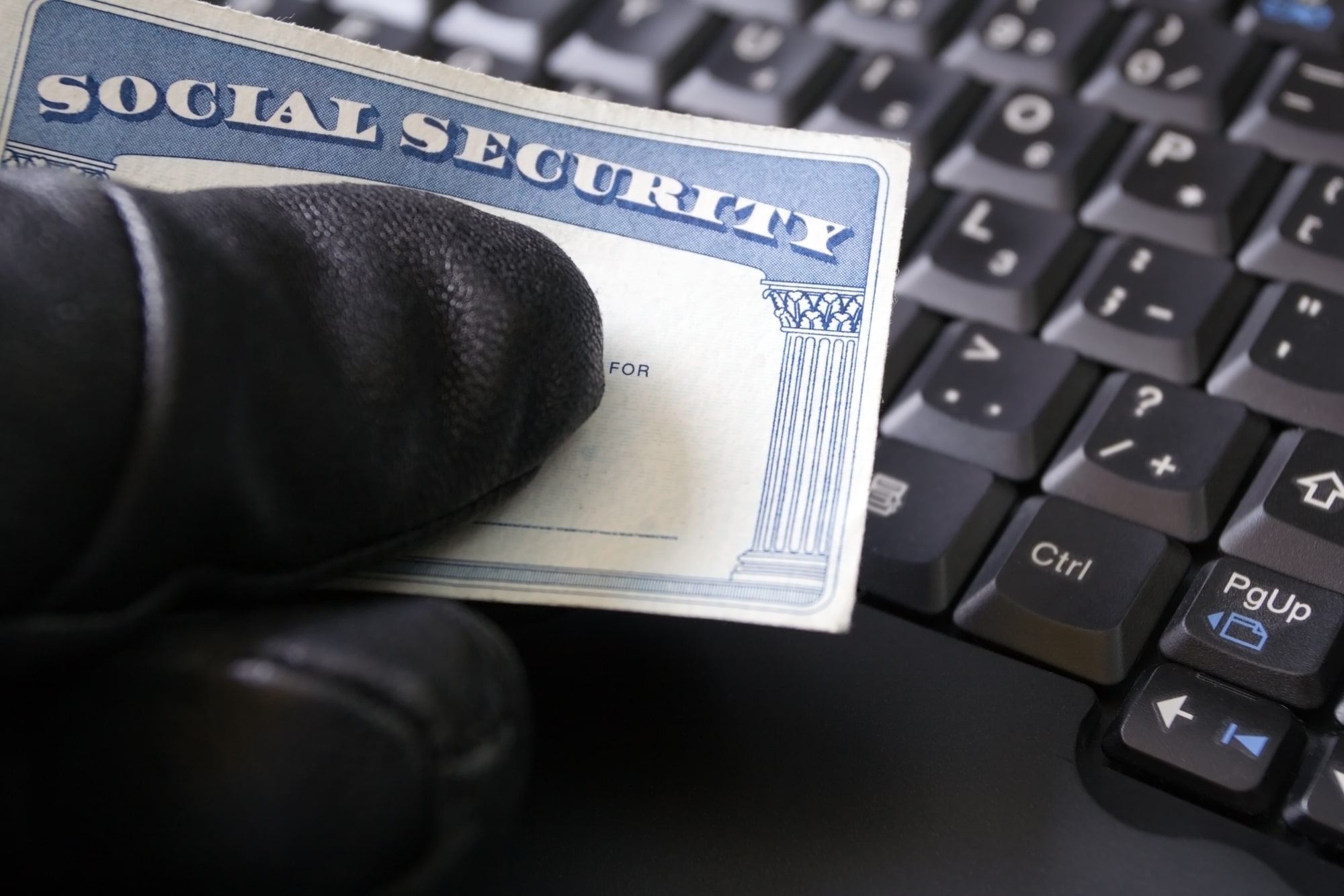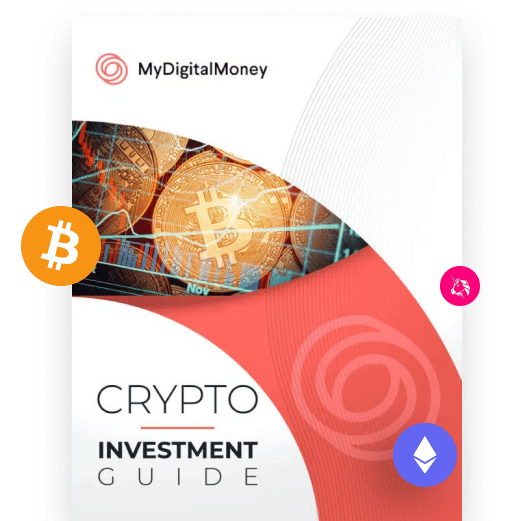Identity theft affects about one in 20 Americans each year, according to Experian. The penalties for committing identity theft can range from fines to up to 15 years in prison, depending on the severity of the charge. However, not many cybercriminals are ever caught, due to the anonymity of internet backchannels.
It’s important to have a robust security plan around your accounts to protect yourself from being a victim of identity theft. With the right preparations, identity theft is a mostly avoidable crime. However, in some cases, such as a data breach from an institution you work with, your information may be compromised, despite the steps you’ve taken to protect yourself.

Whether you’re a victim of direct identity theft or a data breach, there are several ways you can reduce personal costs, even if you never see legal justice. There are certain insurances and programs you can invest in that can help in the event of identity theft.
Recognize the Signs
Reacting fast to the signs of identity theft can help mitigate some of its consequences. Many banks offer some kind of identity theft monitoring program, which will flag unusual activity on your account. It’s still important to understand the signs of identity theft yourself, because these programs aren’t foolproof and may not always be offered.
Some signs of identity theft include:
- Unexplained charges or withdrawals for purchases you didn’t make;
- A sudden change in credit rating;
- New accounts you didn’t open;
- Collection notices for debt you don’t recognize;
- Your checks or credit card applications are auto-denied.
If you don’t already, you should check your account statements at least once a month to look for these signs and to help organize your finances.
Tips for Protecting Against Identity Theft
There are several ways that you can protect yourself from identity theft ever happening. This can provide peace of mind, save you time, and prevent money from being taken from your accounts.
Password Security
Using the same password across a variety of accounts can be an identity theft risk — if a cybercriminal can correctly determine one password, then they suddenly have access to a lot of your data. Varying the cases, numbers, or symbols in your password is a great way to add another layer of security without having to completely change the password you remember.
Using a password generator can help you create strong, unique passwords. Another way to increase your password security, without needing a VPN or additional service, includes turning on two-factor authentication. This extra step provides another layer of security, so that if someone were able to guess your password, they still may not be able to access your account.
Online and Phone Scams
According to the Federal Trade Commission (FTC), “Nearly 90% of reports filed on behalf of people 80 and over were about a scam that started with a phone call,” with median reported losses of $3,800 in 2019. Additionally, the FTC estimates there are nearly 2.4 billion robocalls made each month with messages of owed money. Adults over the age of 60 are typically more vulnerable to scams, and therefore the ones most likely targeted by these phone calls.
If you’re actively making unregulated investments, such as cryptocurrency trades, it’s important to be vigilant in determining the legitimacy of coins and investment opportunities. Cryptocurrency can be incredibly rewarding, but also incredibly volatile, making it a prime avenue for scammers to get ahold of your money or personal information.
Check Credit Reports
You are entitled to a free credit report from each of the three major credit bureaus — Equifax, Experian, and TransUnion — once a year. These reports provide a detailed look at everything that’s appeared in your credit history, which can help you more easily notice discrepancies that could be signs of cybercrime.
If you do notice any discrepancies, you can file a dispute letter to remove any falsities from your credit report. This may increase your credit score and allows you to report instances of identity theft to the bureau.
Be Proactive With Finances
Being proactive with your finances, particularly with large financial transactions, is an important part of protecting yourself against identity theft. Large money transfers, or keeping large sums of money in one place without implementing the right forms of security, could lead to both financial and identity theft. These large transactions present big wins for cybercriminals and can be easy targets.
Utilizing blockchain and cryptocurrency wallets can be a great way to spread out your investments so they’re less accessible to cybercriminals, as well as to healthily diversify your portfolio.
What To Do if You Suspect Your Identity Has Been Stolen
If you believe your identity has been stolen, or have evidence it has been, there are several things you can do. These include:
- Freezing credit cards;
- Documenting any false transactions;
- Contacting banks and financial institutions;
- Changing passwords;
- Disputing charges on your credit report.
Luckily, in the age of digital transformation, you can make many of these transactions on your phone as long as you have an internet connection. Acting fast is often key in these situations if you want to minimize damages.
If you’re the victim of a data breach, then the company that has been compromised may reach out to you with specific instructions to move forward; however, if your bank accounts are compromised, then it’s still smart to follow some of these steps.
Identity theft can largely be avoided. By protecting your accounts, monitoring your reports, and acting quickly on suspicious actions, you can reduce the risk and impacts of identity theft.




